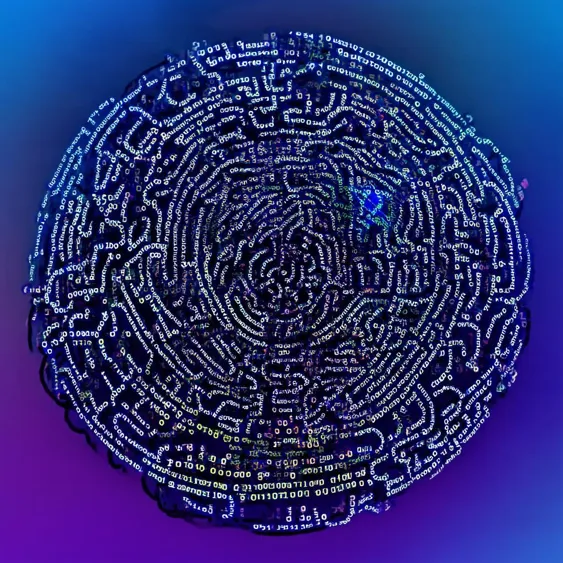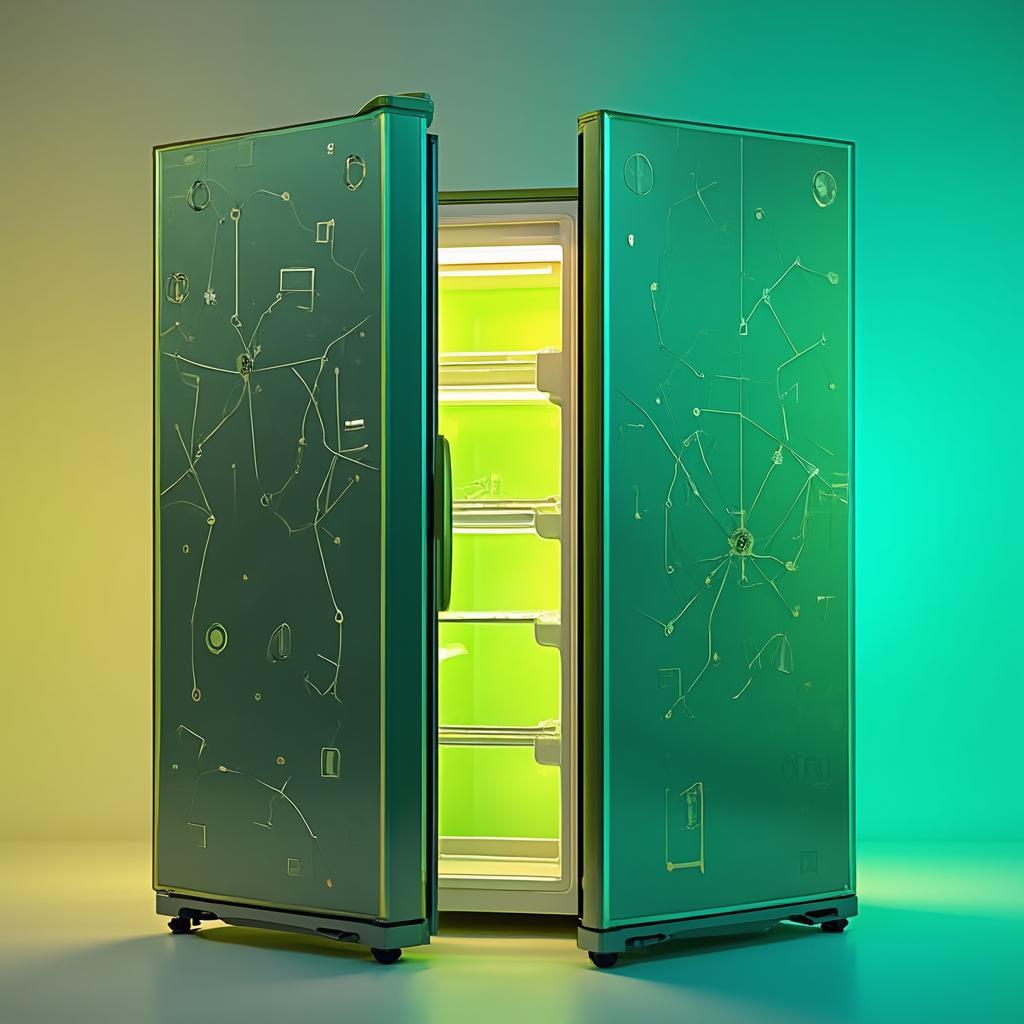Identifying AI-Generated Content: A Tough Challenge

The recent findings from Microsoft's AI for Good project reveal a troubling reality about human ability to discern AI-generated images from genuine ones—an overall success rate of only 62%. This statistic signifies an alarming challenge we now face in a world increasingly populated by deceptively realistic images created by artificial intelligence. As technology evolves, distinct barriers between what is real and what is artificially constructed continue to erode, raising serious implications for journalism, advertising, and even personal interactions.
In the study involving over 12,500 global participants and 287,000 image evaluations, it was discovered that while humans were somewhat successful at identifying AI-generated face images, their powers of discernment faltered significantly with non-portrait images, like landscapes or cityscapes, where accuracy dropped to between 59% and 61%. This disparity highlights a crucial nuance in our cognitive response to visual stimuli; we are naturally more attuned to human features, perhaps due to our evolutionary history. The experiment’s structure, designed to reflect everyday internet browsing experiences, further emphasizes the insidious nature of this issue, as even subtle nuances in generated images can elude our judgment. Moreover, the reliance purely on visible watermarks for content verification is becoming increasingly inadequate, as malicious users can easily bypass these safeguards.
In conclusion, as our world becomes more saturated with AI-generated visuals, the task of differentiating between the authentic and the fabricated signals a crucial need for innovation in detection technologies. The implications of these findings are wide-reaching; from misinformation campaigns to personal privacy concerns, the impact of AI-generated content must not be underestimated. As we navigate this evolving landscape, one must ponder: how can we better equip society to confront the complexities introduced by increasingly sophisticated AI technologies?
Read These Next

Self-Healing Drone Shell: Boosting Resilience in Weather
This commentary discusses the innovative drone shell technology developed by Tianjin University, highlighting its potential to enhance drone resilience in extreme weather conditions through self-repair and ice prevention.

Xiaomi's Mijia Pro Fridge: A Step Toward Smart Sustainability
Commentary on the launch of Xiaomi's Mijia Pro refrigerator, highlighting its innovative features and context within industry trends.

Health Talk Medicine Fights Diseases Without Borders
CGTN's 'Health Talk' hosted a dialogue with top neuroscientists from China, the U.S., and Germany on ALS treatment breakthroughs.
